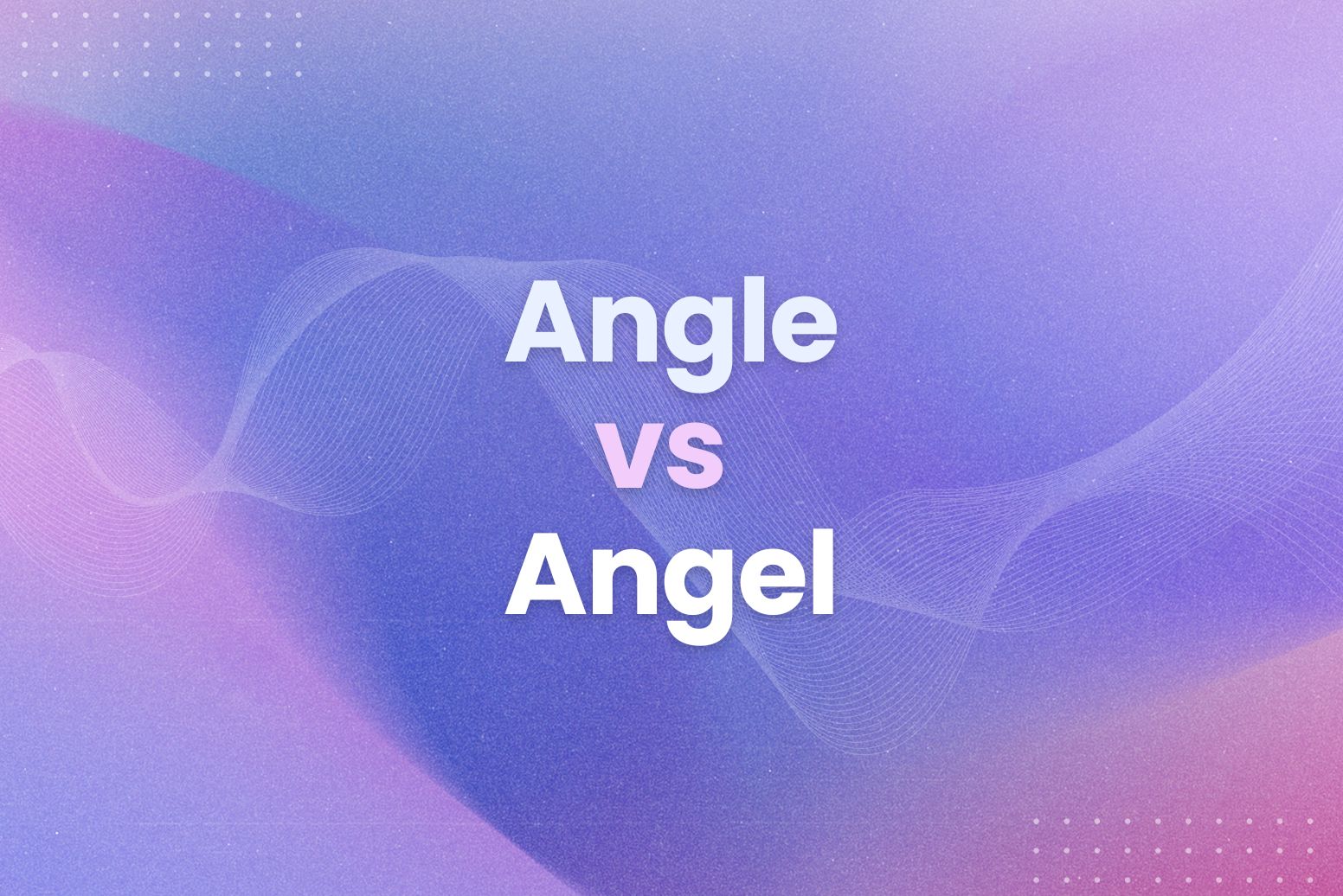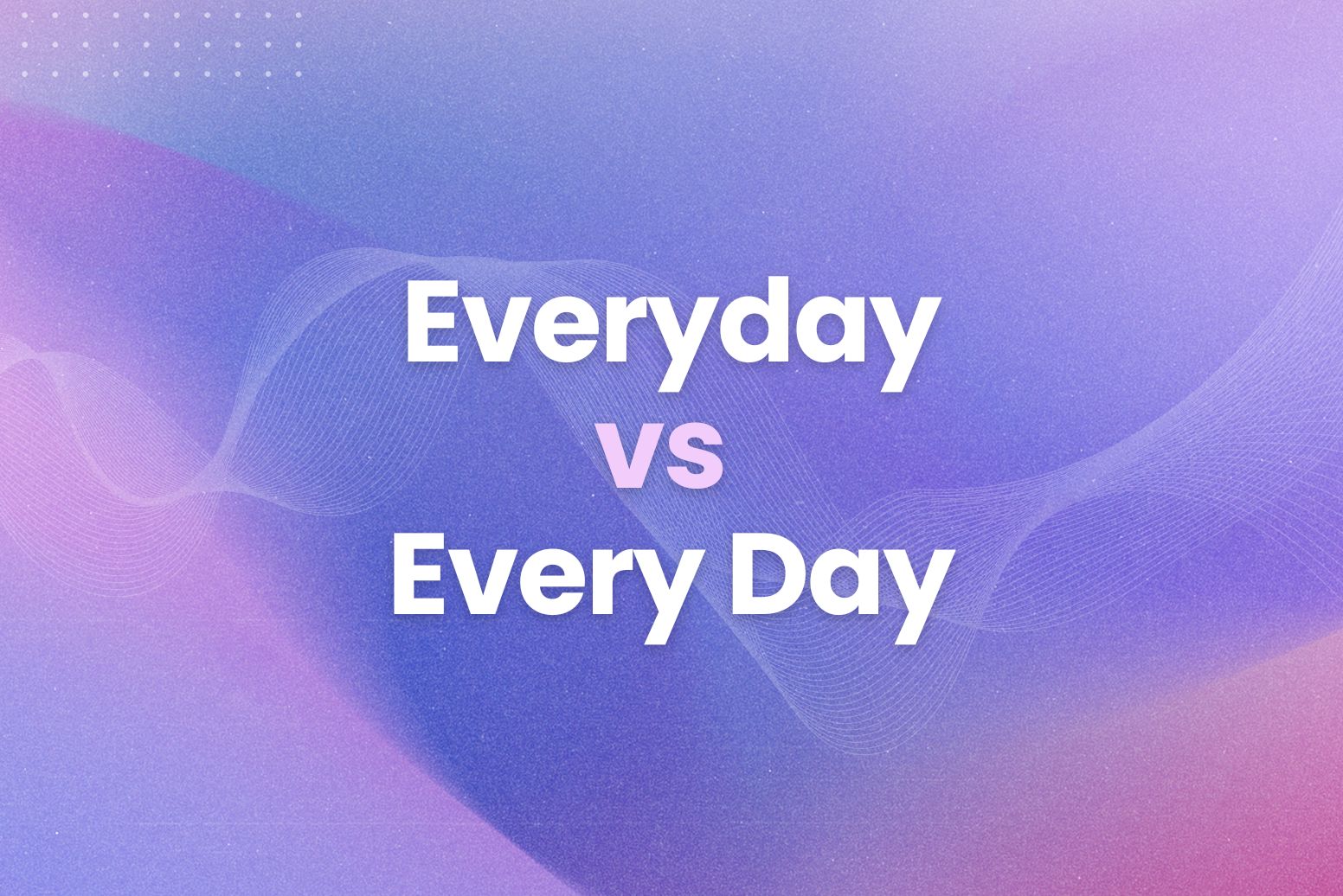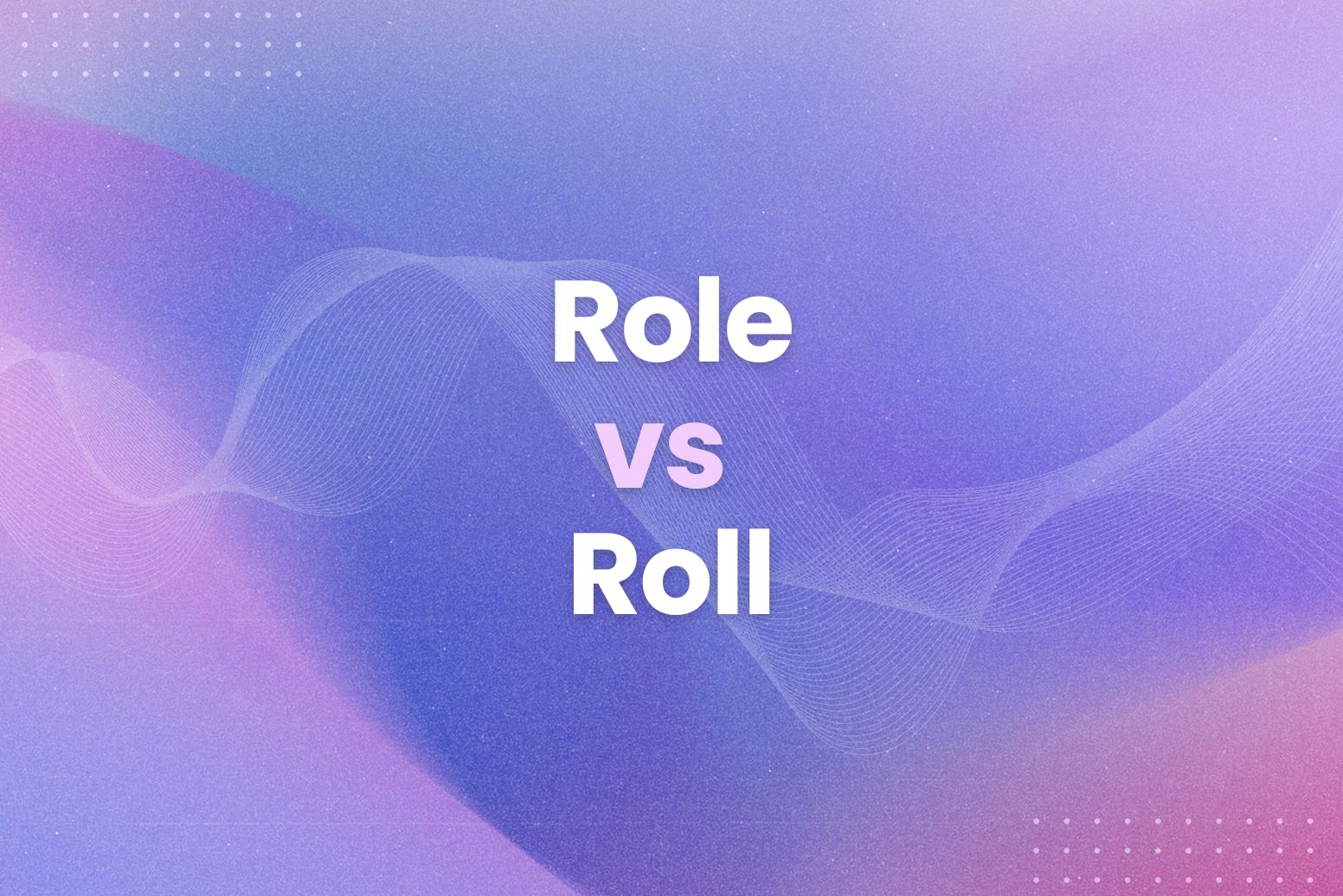We’ve all been there. You’re writing an email, a story, or maybe even a social media post, and suddenly you’re second-guessing yourself. Is it angle vs angel? These two words trip up even the most seasoned writers.
In this guide, we’ll clear up the confusion once and for all. Here’s what we’ll cover:
- Definitions: First of all, we’ll start by defining angle vs angel.
- Examples: For instance, we’ll show you how each word looks in context.
- Tricky Situations: We’ll tackle those gray areas where it can be tough to tell which word is correct.
- Memory Tricks: Finally, we’ll equip you with some handy tricks to help you remember which word to use.
Let’s get started.
Definitions of Angle vs Angel
Let’s kick things off with the basics. What exactly do “angle” and “angel” mean? It’s actually easier than you might think.
Angle
In the most common sense, an angle is a shape. It’s formed when two lines meet at a point. For example, think of a triangle. It has three angles. Angles are everywhere in geometry and are super important in fields like architecture and engineering.
However, “angle” can also have other meanings. It can refer to a perspective or point of view. For instance, you might say, “He approached the problem from a different angle.”
Angel
An angel is a spiritual being. Angels are often depicted in art and literature as having wings and halos. They’re usually seen as messengers of God or guardians. In other words, they’re often associated with goodness and protection.
Some Common Examples for Further Clearance
Now that we’ve defined the words, let’s see them in action. Sometimes, the best way to learn is by looking at examples.
Angle Examples
- The architect carefully calculated the angles of the roof.
- She approached the negotiation from a new angle.
- The photographer found the perfect angle to capture the sunset.
See? “Angle” usually relates to shapes, directions, or viewpoints.
Angel Examples
- Many people believe guardian angels watch over them.
- The child’s painting featured a smiling angel with golden wings.
- “Angels We Have Heard on High” is a popular Christmas carol.
As you can see, “angel” usually refers to a spiritual being.
But wait… there’s more.
Sometimes, “angle” can be a bit sneaky. It can be used in a way that almost sounds like it could be “angel.” For instance, you might hear someone say they’re “angling for a promotion.” This means they’re trying to position themselves to get promoted.
However, even in this case, it still relates to the idea of approaching something from a certain perspective or direction. It’s not about a heavenly being.
Some Tricky Situations to Tackle Angle vs Angel Situation
Sometimes, figuring out whether to use “angle” or “angel” can feel like trying to solve a Rubik’s Cube blindfolded. But don’t worry, we’re here to help.
When “Angle” Sounds Like “Angel”
As we mentioned earlier, “angle” can sometimes be used in a way that almost sounds like it could be “angel.” This is often the case when discussing someone trying to achieve something.
- For example, someone might say they’re “angling for a raise.” This means they’re trying to get a raise by approaching the situation strategically.
- Similarly, someone might say they’re “angling for attention.” This means they’re trying to get noticed.
To conclude it’s important to remember that “angle” still relates to the idea of a perspective or direction. It’s not about a spiritual being with wings.
Context is Key
Ultimately, the best way to determine which word to use is to pay close attention to the context. What is the sentence about? What is the overall meaning?
- If the sentence is about a shape, a direction, or a point of view, then “angle” is the way to go.
- On the other hand, if the sentence is about a spiritual being, then “angel” is the correct choice.
Still feeling a bit unsure? That’s where Arvin comes in. Arvin is an AI-powered browser extension that can help you with your grammar. Just install the extension, and it will flag any errors in your writing, including those pesky “angle” vs. “angel” mix-ups.
With Arvin by your side, you can confidently write, knowing that your grammar is always on point.
Memory Tricks to Reach the Next Level
Let’s wrap things up with some handy memory tricks to help you remember the difference between “angle” and “angel.” Because who wants to keep second-guessing themselves, right?
The “A” Trick
This one’s simple:
- Angle has an A for acute, like the sharp point of an angle.
- Angel has an E for eternal, like the everlasting nature of an angel.
The Visual Trick
Try to create a mental picture:
- Angle: Imagine a triangle with its sharp corners.
- Angel: Picture a winged figure with a halo.
The Sound Trick
Pay attention to the sounds:
- Angle: The “ang” sound is short and sharp, like the point of an angle.
- Angel: The “el” sound is softer and longer, like the flowing robes of an angel.
Write It Out
Sometimes, the best way to remember something is to write it out. Grab a piece of paper and write “angle” and “angel” ten times each. As you write, think about the definitions and examples we’ve discussed.
Write Like an Angel, Not at an Angle
We’ve cleared up the heavenly mix-up between “angle” and “angel.” With a little practice and the right tools, you’ll be using these words like a pro in no time.
So, here are the key takeaways
- Firstly, angle: Shapes, directions, and viewpoints.
- Then, angel: Spiritual beings with wings.
- Also, context is key: Pay attention to the sentence’s overall meaning.
Speaking of Arvin, why not let this handy tool be your guide? After all, who wants to spend time worrying about grammar when you could be focusing on the message of your writing? With Arvin, you can confidently write, knowing that your grammar is always top-notch.
FAQs
How to remember angel vs angle?
Firstly, remember the “A” trick: Angle has an A for acute, like the sharp point of an angle. Angel has an E for eternal, like the everlasting nature of an angel. Then, try the visual trick: picture a triangle for “angle” and a winged figure for “angel.”
How do you use angle and angel in a sentence?
For example:
- Angle: “The photographer found the perfect angle to capture the mountain.”
- Angel: “She looked like an angel in her white dress.”
Is it an angle or an angle?
It’s an angle, not “an angel.” The word “angle” starts with a vowel sound, so we use “an” before it.
How do Americans spell angle?
Americans spell “angle” the same way as everyone else: a-n-g-l-e. There are no alternative spellings.








